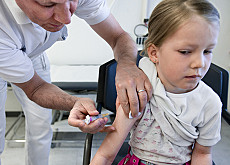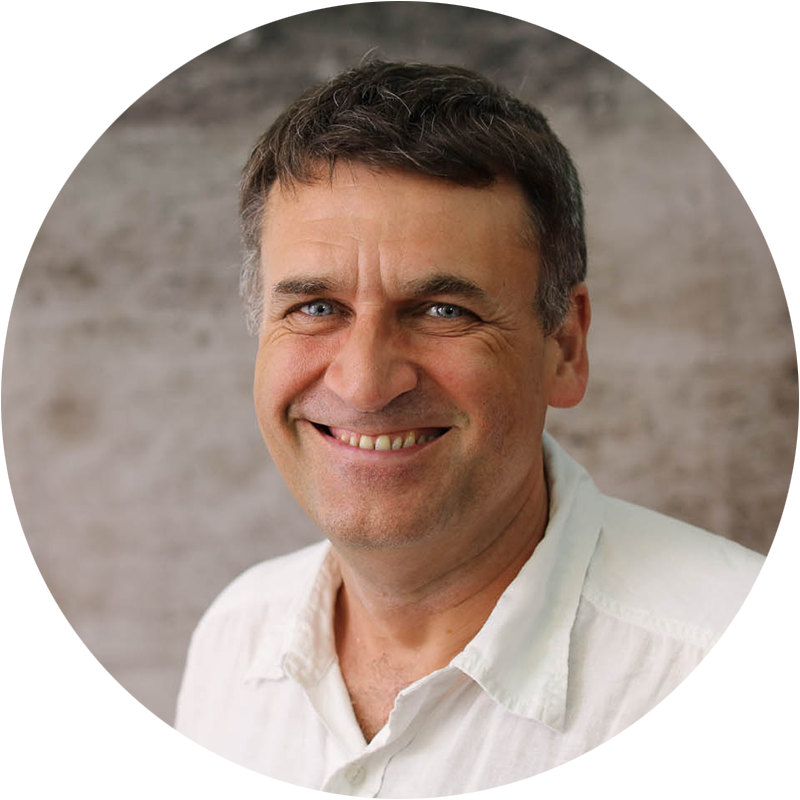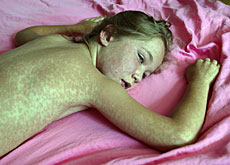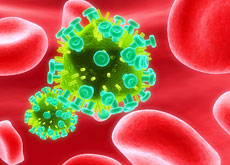Experts warn Swiss lag behind with jabs

Switzerland has been in the grip of a measles epidemic for several months, with central regions worst affected. Experts say the vaccination rate should be increased.
But this goal seems difficult to reach, because a part of the population fears the effects of vaccinations.
“One can easily predict that the Swiss-German part, especially central Switzerland, southern Germany and a part of Austria will become the last breeding ground of measles in Europe,” says Claire-Anne Siegrist, head of the Geneva University vaccine centre and the president of the Federal Commission on Vaccination.
Since the beginning of the year, over 600 people in Switzerland have caught the illness.
The virus has spread especially in the region of Lucerne, where vaccination rates are very low.
The World Health Organization (WHO) believes that a 95 per cent coverage of children under two years of age is necessary if the illness is to be eradicated. In Lucerne, the coverage is currently only 78 per cent.
Not enough vaccines
At a national level however, the situation is a bit better: 86 per cent of children are vaccinated against measles, a percentage that rises to 96 per cent for 15-16 year olds.
“In Switzerland, people are vaccinated, but ten per cent of children are vaccinated too late,” Siegrist explains.
Contrary to what people believe, measles is not always a minor illness. Of those who contracted the disease in recent months, one in ten had to go to hospital, about 30 people were diagnosed with pneumonia and four children developed encephalitis – a brain inflammation.
In the worst case, measles can cause death.
The relatively low rate of vaccination coverage against measles in Switzerland can also be explained by critical voices, especially those advocating natural remedies.
It is not a coincidence that this medical theory is well installed in the Lucerne region.
Critical views
Jean-Paul Ecklin, a medical doctor and homeopath, is a member of a group of vaccination experts.
He says he is not opposed to vaccination in principle – he sometimes recommends it – but he always advises patients to reflect and do research before deciding.
“We are confronted with a dramatisation of childhood illness, especially of measles. In some cases, these illnesses can lead to complications, but it is very rare that there are any consequences for the patient’s health”, Ecklin says.
Beside the short-term secondary effects, such as a temperature, vaccinations have long-term side effects according to Ecklin.
This is difficult to prove because these symptoms arise at the time when the link with the vaccination is difficult to confirm.
“A vaccination is never one hundred per cent effective”, adds Ecklin. In the case of rubella, for example, five to ten per cent of girls, though vaccinated, are not immune.
This represents a great danger during pregnancy because the virus can infect the foetus.
“There are also indications that those who develop childhood illnesses will develop an immunity against other chronic illnesses,” the doctor says.
Let nature do it?
Some people believe that one should let Mother Nature do her work. In addition, those who decide against vaccination think they are not taking a big risk, since most people are vaccinated.
“What concerns me, is that our country exports measles,” Siegrist of Geneva University’s vaccine centre concludes.
“We are aware of people who went on holiday abroad as the virus was incubating. When a virus is exported to a country where living conditions are bad, and access to medical help is difficult, it is very dangerous.”
“It is a very egocentric behaviour, not to say selfish.”
swissinfo, based on an article in Italian by Daniele Mariani
Measles is an acute viral illness, which is highly contagious. The first sign of infection is usually high fever; after several days a rash develops over the body
The most serious complications include blindness, encephalitis, severe diarrhoea, ear infections and severe respiratory infections such as pneumonia.
As of 2001, the MMR1 (vaccination against measles, mumps and rubella) (first dose) has been recommended in Switzerland at the age of 12 months and MMR2 at age 15-24 months.
Catch-up vaccination with two doses of MMR is recommended at any time until age 40 years.
Achieve and sustain at least 95% coverage with two doses of measles and at least one dose of rubella vaccine through high-quality routine immunisation services.
Provide a second opportunity for measles immunisation to susceptible groups.
Provide rubella immunisation opportunities to all rubella-susceptible children, adolescents and women of childbearing age.
Strengthen surveillance systems by rigorous case investigation and laboratory confirmation of suspected cases.
Improve the availability of high-quality, valued information for health professionals and the public on the benefits and risks associated with measles and rubella immunisation.

In compliance with the JTI standards
More: SWI swissinfo.ch certified by the Journalism Trust Initiative












You can find an overview of ongoing debates with our journalists here . Please join us!
If you want to start a conversation about a topic raised in this article or want to report factual errors, email us at english@swissinfo.ch.